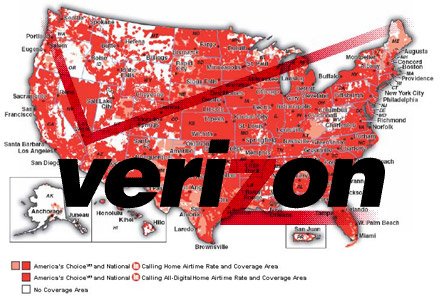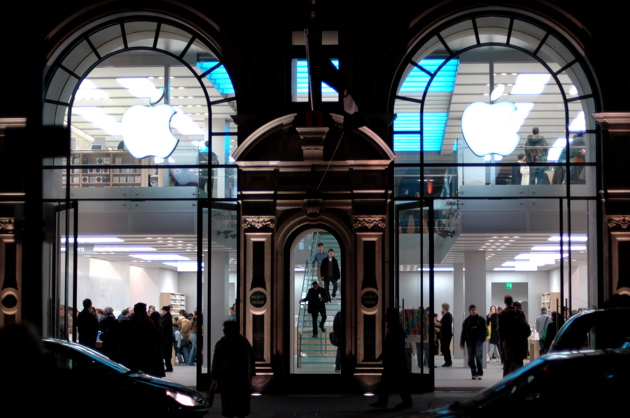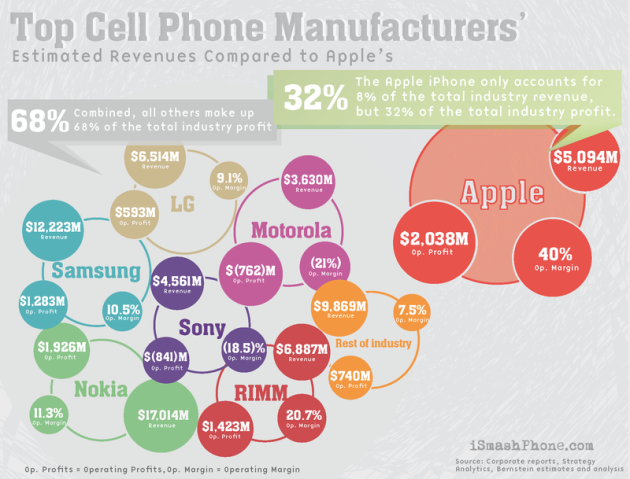Verizon market share now lowest in a decade
April 22, 2010 Leave a comment
 Verizon endeavor to acquire new customers hit a road block according to it recent earnings report today. Company profits plunged to $2.28 billion, or 14 cents per share, from $3.21 billion, or 58 cents per share, during the same quarter a year ago. The results for the three-month period included a $970 million charge related to U.S. health care reform. Verizon previously received a tax-free benefit from the government to subsidize health care costs for retirees, who would otherwise be on a Medicare Part D plan. Under the new legislation, Verizon is no longer be able to deduct that subsidy.
Verizon endeavor to acquire new customers hit a road block according to it recent earnings report today. Company profits plunged to $2.28 billion, or 14 cents per share, from $3.21 billion, or 58 cents per share, during the same quarter a year ago. The results for the three-month period included a $970 million charge related to U.S. health care reform. Verizon previously received a tax-free benefit from the government to subsidize health care costs for retirees, who would otherwise be on a Medicare Part D plan. Under the new legislation, Verizon is no longer be able to deduct that subsidy.
Verizon previously received a tax-free benefit from the government to subsidize health care costs for retirees, who would otherwise be on a Medicare Part D plan. Under the new legislation, Verizon is no longer be able to deduct that subsidy. But it appears that investors aren’t too set off by the news as Verizon’s stock is only down 2% in trading today.
Update: According to Forbes: “The company said it did not appear to lose market share in the period, but the figure was its lowest in nearly a decade.” The Telegraph UK reports “Verizon Wireless signed up 423,000 contract customers in the three months to the end of March, far below analysts expectations of up to 786,000.”








Recent Comments